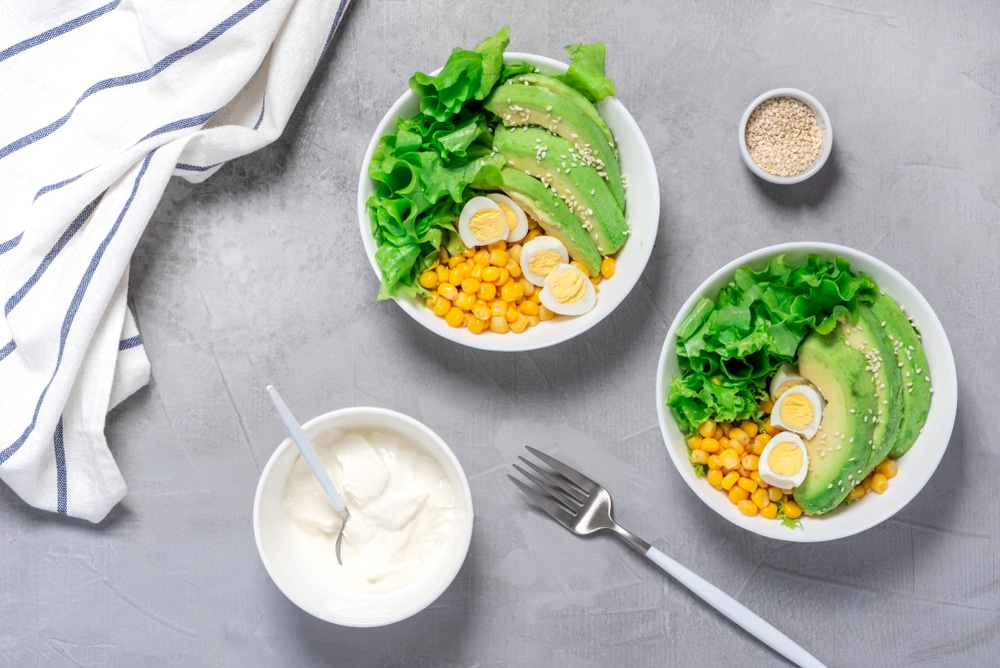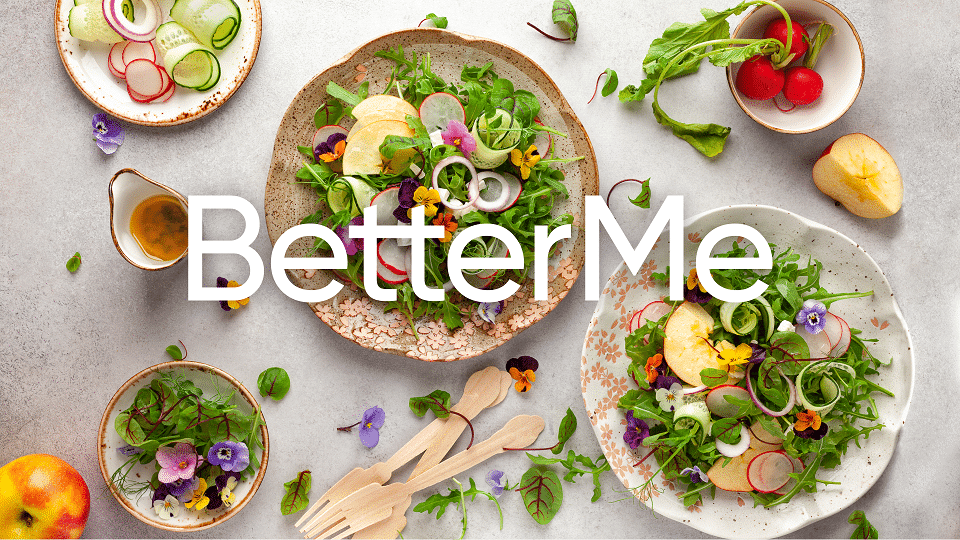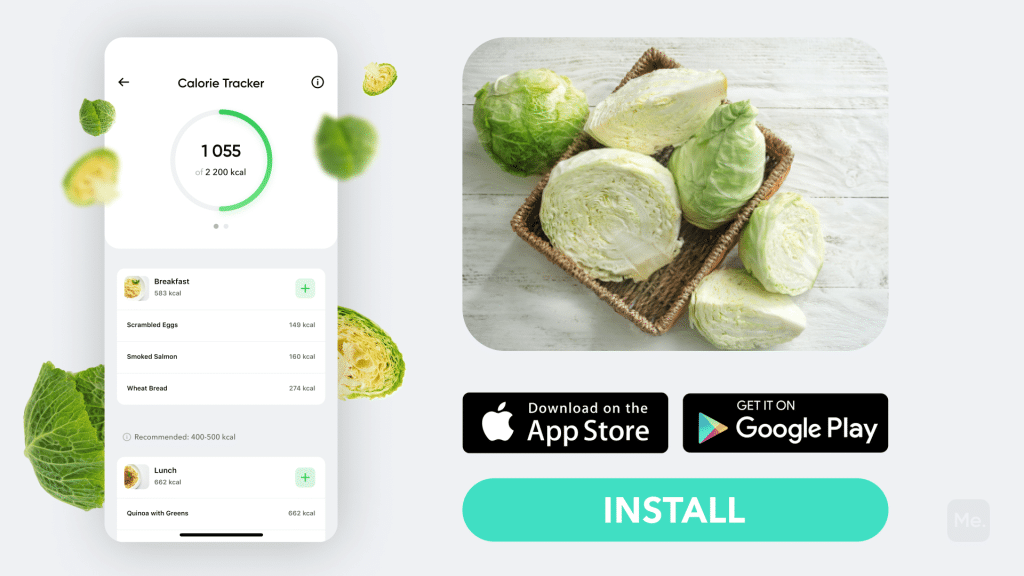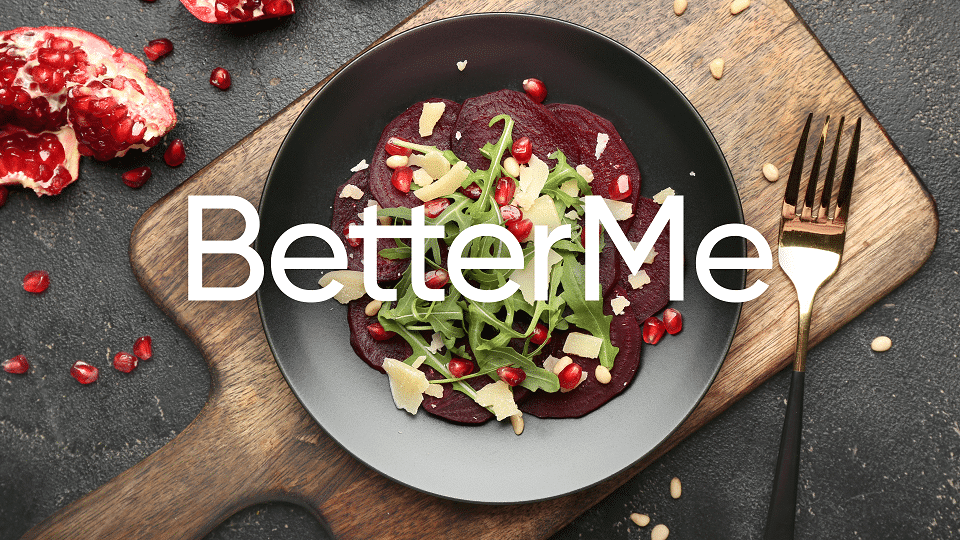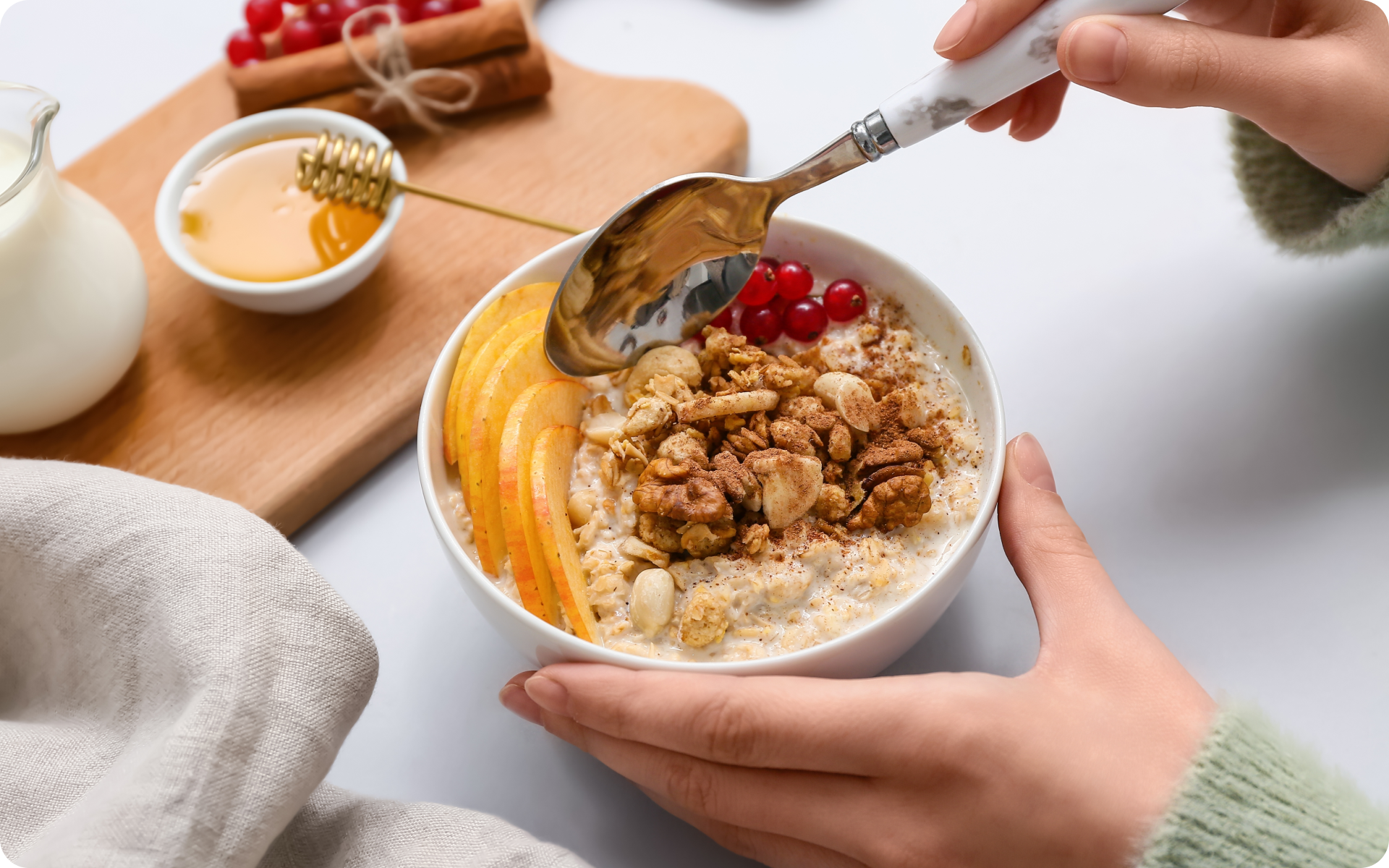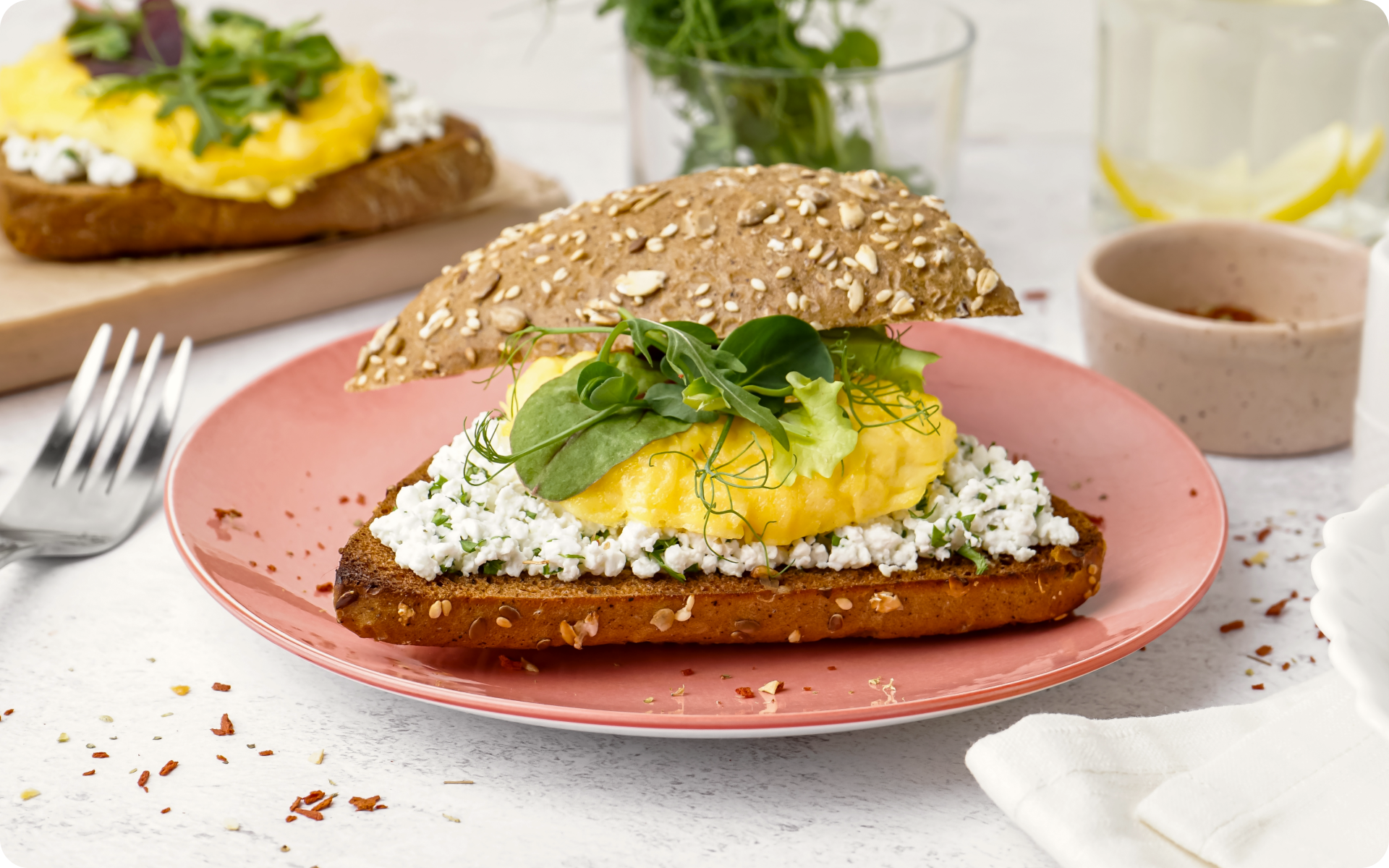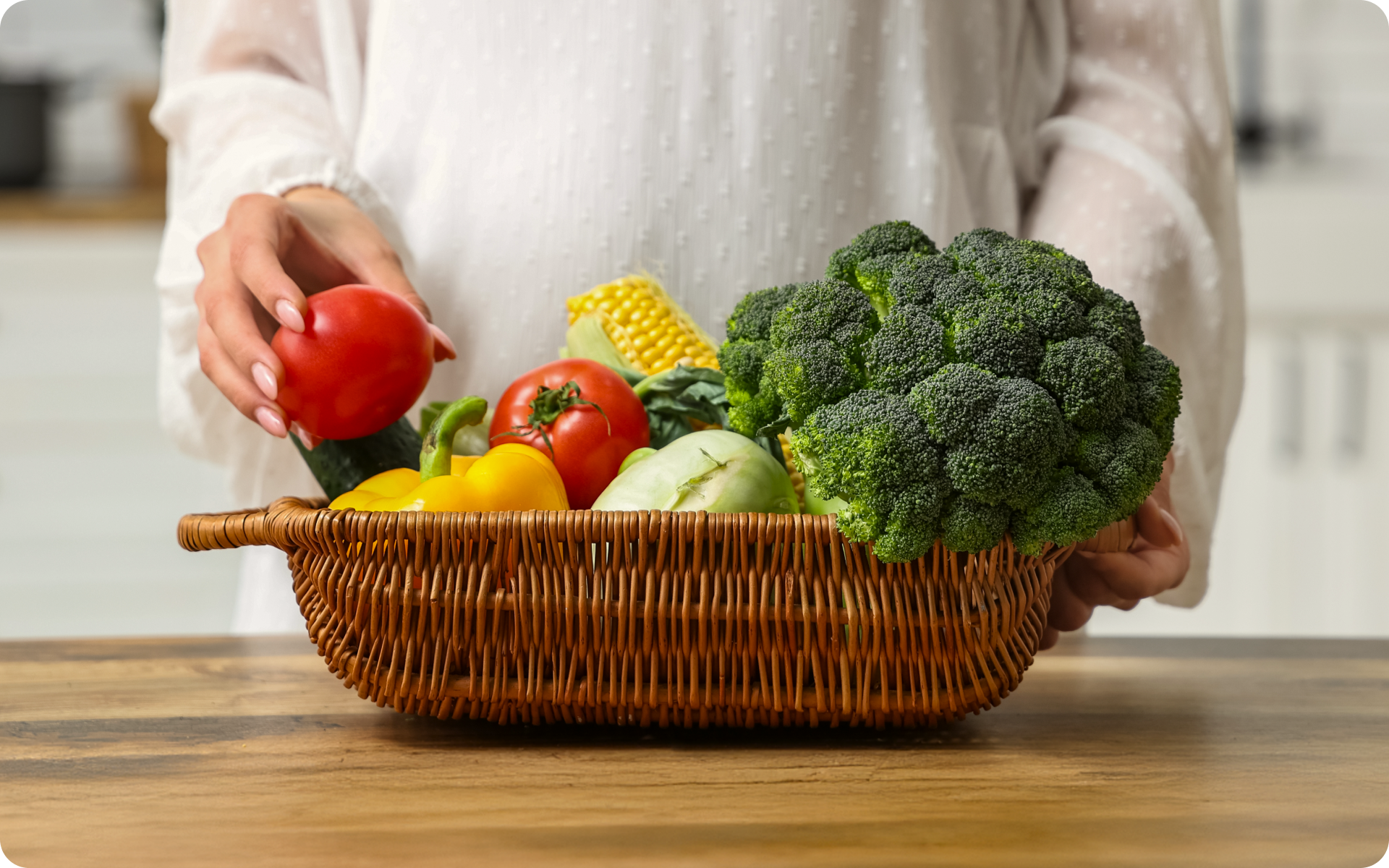People follow vegetarian diets for many different reasons. Some do it for ethical or religious reasons, while others are trying to eat healthy or lose weight. If you’re considering going vegetarian, or are already on a mostly plant-based diet but miss eggs, you may want to consider an ovo-vegetarian diet. This type of vegetarianism allows for the consumption of eggs but excludes all other animal products, including dairy and sometimes honey. Here’s a detailed look at the ovo-vegetarian diet, including foods to eat, foods to avoid, and a sample meal plan.
Get your personalized
meal plan!
What Is The Ovo-Vegetarian Diet?
The ovo-vegetarian diet is a type of vegetarianism that allows for the consumption of eggs but not dairy products. This diet is also sometimes referred to as an ovo vegetarian or eggetarian diet (15).
People who follow the ovo-vegetarian diet typically do so for ethical reasons, such as a belief that animals should not be used for food. Others may choose this diet for health reasons, such as trying to improve their heart health or lose weight.
The ovo-vegetarian diet is considered a more restrictive form of vegetarianism than lacto-ovo vegetarianism, which allows for the consumption of both eggs and dairy products (14).
However, the ovo-vegetarian diet is less restrictive than a vegan diet, which excludes all animal products, including eggs, dairy, and honey (14).
What Does An Ovo-Vegetarian Eat?
On an ovo-vegetarian diet, you can eat a variety of plant-based foods, a well-rounded selection of eggs, and a few other animal-derived products.
Here are some of the healthiest foods to eat on an ovo-vegetarian diet:
- Plant-based protein sources: Beans, lentils, tofu, tempeh, seitan, nuts, and seeds.
- Vegetables: All vegetables, including leafy greens, root vegetables, cruciferous vegetables, and others.
- Fruits: All fruits, including fresh, frozen, or canned options.
- Eggs: Eggs from cage-free and pasture-raised chickens are sometimes chosen for animal welfare or environmental reasons.
- Oils and fats: Olive oil, avocado oil, and other healthy fats.
- Herbs and spices: Fresh or dried herbs and spices can add flavor to meals.
Read More: Biotin Rich Foods Vegetarian Should Add To Their Diet Plan
What To Avoid On An Ovo-Vegetarian Diet
On an ovo-vegetarian diet, you’ll need to avoid all animal-derived products other than eggs. This includes dairy products, such as milk, cheese, and yogurt. If you choose to, you’ll also need to avoid honey, as it’s produced by bees.
In addition, it’s important to try to limit your intake of ultra processed foods, as they’re often high in unhealthy ingredients, such as added sugar and sodium (3).
Ovo-Vegeterian Sample Meal Plan
Here’s a sample ovo-vegetarian meal plan for one week:
Monday
- Breakfast: Scrambled eggs with vegetables, whole-wheat toast, and fruit.
- Lunch: Garden salad with hard-boiled eggs, grilled tofu, and vinaigrette dressing.
- Dinner: Quinoa and bean chili with avocado slices.
Tuesday
- Breakfast: Omelet with vegetables and vegan cheese, whole-grain muffin, and grapefruit.
- Lunch: Egg salad sandwich on whole-wheat bread, carrot sticks, and an apple.
- Dinner: Spaghetti with marinara sauce and a side salad.
Wednesday
- Breakfast: Banana smoothie with almond milk, oats, and chia seeds.
- Lunch: Tofu stir-fry with rice and vegetables.
- Dinner: Veggie burger on a whole-wheat bun with lettuce, tomato, and onion.
Thursday
- Breakfast: Oatmeal with fresh berries and chopped nuts.
- Lunch: Grilled vegan cheese sandwich on whole-wheat bread with roasted tomatoes.
- Dinner: Vegan eggplant Parmesan with whole-wheat pasta and a side salad.
Friday
- Breakfast: Scrambled eggs with salsa, whole-wheat tortilla, and orange juice.
- Lunch: Soup and salad combo with hard-boiled eggs.
- Dinner: Pizza with vegetables and vegan cheese.
Saturday
- Breakfast: Banana pancakes with maple syrup and vegan butter.
- Lunch: Vegetable wrap with hummus and a side of fruit.
- Dinner: lentil curry with rice and naan bread.
Sunday
- Breakfast: tofu scramble with vegetables, whole-wheat toast, and coffee with almond milk.
- Lunch: Grilled vegetable salad with hard-boiled eggs and balsamic dressing.
- Dinner: Spaghetti squash with marinara sauce and a side of steamed broccoli.
If you wish to cinch your waist, tone up your bat wings, blast away the muffin top – our fitness app was created to cater to all your needs! BetterMe won’t give excess weight a chance!
Benefits Of The Ovo-Vegetarian Diet
An ovo-vegetarian diet may benefit your health in several ways:
Improved Diet Quality
According to research, following a vegetarian diet makes it more likely that you’ll meet the recommendations for a healthy diet, including consuming more fruits and vegetables, fiber, and magnesium while consuming less saturated fat (5).
Better Weight Management
A vegetarian diet has been linked with lower body weight and a reduced risk of obesity (2) (17). This is likely because plant-based foods tend to be lower in calories and fat than animal-derived foods.
Lower Disease Risk
Studies have shown that a vegetarian diet may help protect against conditions like heart disease, type 2 diabetes, and certain types of cancer (16). This is likely because plant-based foods are high in fiber, antioxidants, and phytochemicals, which promote health.
Improved Digestive Health
Fiber is essential for digestive health, and vegetarian diets tend to be high in fiber. This can help keep things like constipation, hemorrhoids, and diverticular disease at bay (6).
May Be More Affordable
Plant-based diets tend to be more affordable than diets that include meat and animal products. This is because plant-based foods are typically less expensive than animal-derived foods.
Read More: Collagen Rich Foods For Vegetarians: The Ultimate Guide To Boosting Skin And Joint Health
Possible Drawbacks Of The Ovo-Vegetarian Diet
While there are many potential benefits to following an ovo-vegetarian diet, there are also some potential drawbacks to be aware of:
May Not Be Enough Protein
If you’re not careful, it’s possible to get too little protein on an ovo-vegetarian diet. This is because animal products, such as meat and dairy, are typically the richest sources of protein (4).
To make sure you’re getting enough protein, be sure to include plenty of high-protein plant foods in your diet, such as beans, lentils, tofu, tempeh, nuts, and seeds.
You May Miss Out On Certain Nutrients
While an ovo-vegetarian diet can certainly be healthy, it’s important to be aware that you may miss out on certain nutrients if you don’t eat animal products (10).
For example, you may not get enough vitamin B12, zinc, iron, or omega-3 fatty acids (8). To make sure you’re getting all the nutrients you need, you may need to supplement your diet with vitamins and minerals or eat fortified foods. Talk to your doctor or dietitian for help ensuring you meet your nutritional needs on your plant-based diet.
Unhealthy Junk Food Options
Just because you’re following an ovo-vegetarian diet doesn’t mean you can eat whatever you want.
There are still plenty of unhealthy junk food options that are vegetarian or vegan, such as French fries, chips, cookies, and candy which are calorie-dense and may be harmful to your health (13). To make sure you’re eating a healthy vegetarian diet, be sure to focus more on whole, minimally processed foods.
BetterMe is your fast-track ticket to a long-lasting weight loss! Tailor your fitness journey and maximize your results with just a couple of swipes!
Tips For Success On An Ovo Vegetarian Diet
To help you stick to your ovo-vegetarian diet, here are a few tips to follow:
Up Your Protein Intake
Since you’ll be avoiding animal-derived protein sources, it’s important to include a variety of plant-based protein sources in your diet. This will help you reach your daily protein needs and keep your muscles healthy (1).
Make Sure You’re Getting Enough Iron
Non-heme iron found in plant foods is not as easily absorbed by the body as heme iron found in animal products (7).
To help increase iron absorption, pair iron-rich foods with vitamin C-rich foods (11). For example, you could have a spinach salad with orange slices or eat black beans with tomatoes and bell peppers.
Include A Variety Of Nutrients
An ovo-vegetarian diet can be healthy and well-rounded, but it’s important to include a variety of nutrient-rich foods (9). This will help ensure you’re getting all the nutrients your body needs.
Choose Healthy Foods
Just because a food is vegetarian doesn’t mean it’s healthy. For example, fried foods, highly processed foods, and sugary snacks are all vegetarian but not necessarily healthy (13).
When choosing foods, opt for those that are minimally processed and made with whole, unprocessed ingredients.
The Bottom Line
Following an ovo-vegetarian diet is a healthy way to eat. This type of diet might help you lose weight, lower your cholesterol levels, and reduce your risk of heart disease and other chronic conditions. To make sure you’re getting all the nutrients your body needs, be sure to include a variety of nutrient-rich foods in your diet.
DISCLAIMER:
This article is intended for general informational purposes only and does not serve to address individual circumstances. It is not a substitute for professional advice or help and should not be relied on for making any kind of decision-making. Any action taken as a direct or indirect result of the information in this article is entirely at your own risk and is your sole responsibility.
BetterMe, its content staff, and its medical advisors accept no responsibility for inaccuracies, errors, misstatements, inconsistencies, or omissions and specifically disclaim any liability, loss or risk, personal, professional or otherwise, which may be incurred as a consequence, directly or indirectly, of the use and/or application of any content.
You should always seek the advice of your physician or other qualified health provider with any questions you may have regarding a medical condition or your specific situation. Never disregard professional medical advice or delay seeking it because of BetterMe content. If you suspect or think you may have a medical emergency, call your doctor.
SOURCES:
- Amount, Source, and Pattern of Dietary Protein Intake Across the Adult Lifespan: A Cross-Sectional Study (2020, frontiersin.org)
- A plant-based diet for overweight and obesity prevention and treatment (2017, ncbi.nlm.nih.gov)
- Consumption of ultra-processed foods and health outcomes: a systematic review of epidemiological studies (biomedcentral.com)
- Dietary Protein and Amino Acids in Vegetarian Diets—A Review (2019, mdpi.com)
- Diet quality of vegetarian diets compared with nonvegetarian diets: a systematic review (2013, academic.oup.com)
- Health benefits of dietary fiber (2009, academic.oup.com)
- Heme, an Essential Nutrient from Dietary Proteins, Critically Impacts Diverse Physiological and Pathological Processes (2014, mdpi.com)
- Intake and adequacy of the vegan diet. A systematic review of the evidence (2021, sciencedirect.com)
- Nutritional Update for Physicians: Plant-Based Diets (2013, ncbi.nlm.nih.gov)
- Nutrition concerns and health effects of vegetarian diets (2010, pubmed.ncbi.nlm.nih.gov)
- Prediction of dietary iron absorption: an algorithm for calculating absorption and bioavailability of dietary iron (2000, academic.oup.com)
- The Golden Egg: Nutritional Value, Bioactivities, and Emerging Benefits for Human Health (2019, mdpi.com)
- The Hidden Dangers of Fast and Processed Food (ncbi.nlm.nih.gov)
- Vegetarian Diet: An Overview through the Perspective of Quality of Life Domains (2021, mdpi.com)
- Vegetarian diet: How to get the best nutrition (2020, mayoclinic.org)
- Vegetarian diets: what do we know of their effects on common chronic diseases? (2009, academic.oup.com)
- Vegetarian Diets and Weight Reduction: a Meta-Analysis of Randomized Controlled Trials (2015, link.springer.com)
